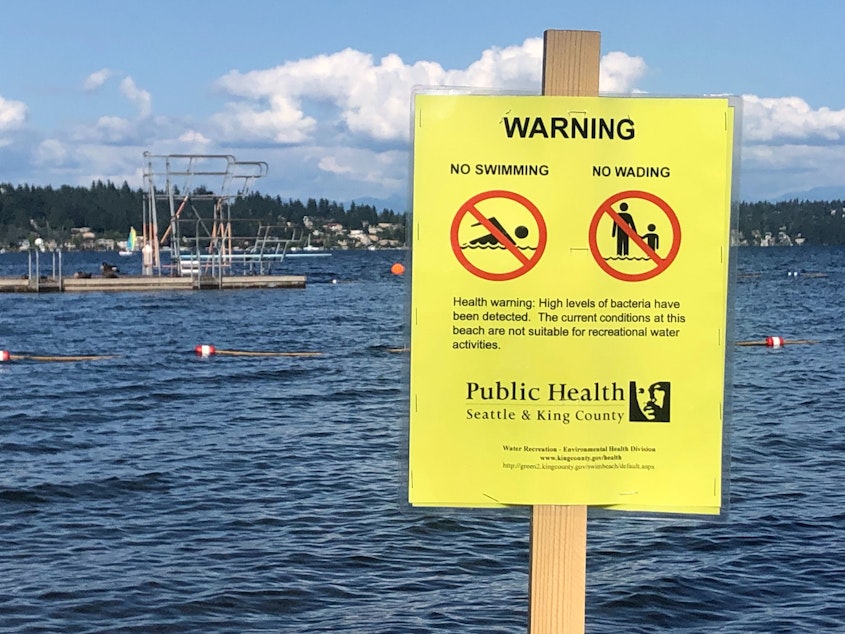Nine popular Seattle beaches closed after 3M gallon sewage spill

Three million gallons is roughly five Olympic-sized pools
Three million gallons of untreated sewage were released on Friday morning at Discovery Park, after backup pumping systems failed during power outages at the plant, the Washington State Department of Ecology said.
As a result, nine Seattle beaches were closed because the bacteria levels for the water there were too high. Beaches closed due to this spill:
Alki Beach Park
Carkeek Park
Discovery Park: North and South Beach
Sponsored
Elliott Bay Marina
Golden Gardens Park
Myrtle Edwards Park
Pocket Park at 32nd Ave. W. (also known as Magnolia Tidelands Park)
Port of Seattle Terminal 91 Seacrest Park
Sponsored
In Kitsap County, the following beaches are closed from July 19 to July 22.
Fay Bainbridge Park
Indianola Dock
Joel Pritchard Park
Two treatment plants had failures: the West Point Wastewater Treatment Plant in Discovery Park in Seattle’s Magnolia neighborhood, and the Renton Wastewater Treatment Plant.
Sponsored
A power failure in Renton on Thursday resulted in sewage being released into Puget Sound, about two miles offshore.
The Department of Ecology is investigating both incidents as “unauthorized discharges that would violate the state’s water quality permits for the facilities.”
This spill hardly compares to the spill at the Seattle plant in 2017, when hundreds of millions of gallons of sewage and stormwater spilled from the plant. Local lawmakers called it a disaster, and it cost King county millions of dollars in repairs.
It took four months for local quality levels to return to normal.
But that spill took place in winter … a sunny weekend in mid-July makes the situation more visible.
Sponsored
According to Ecology, contact with this water can result in gastroenteritis, skin rashes, upper respiratory infections and other illnesses — children and the elderly are particularly vulnerable.




